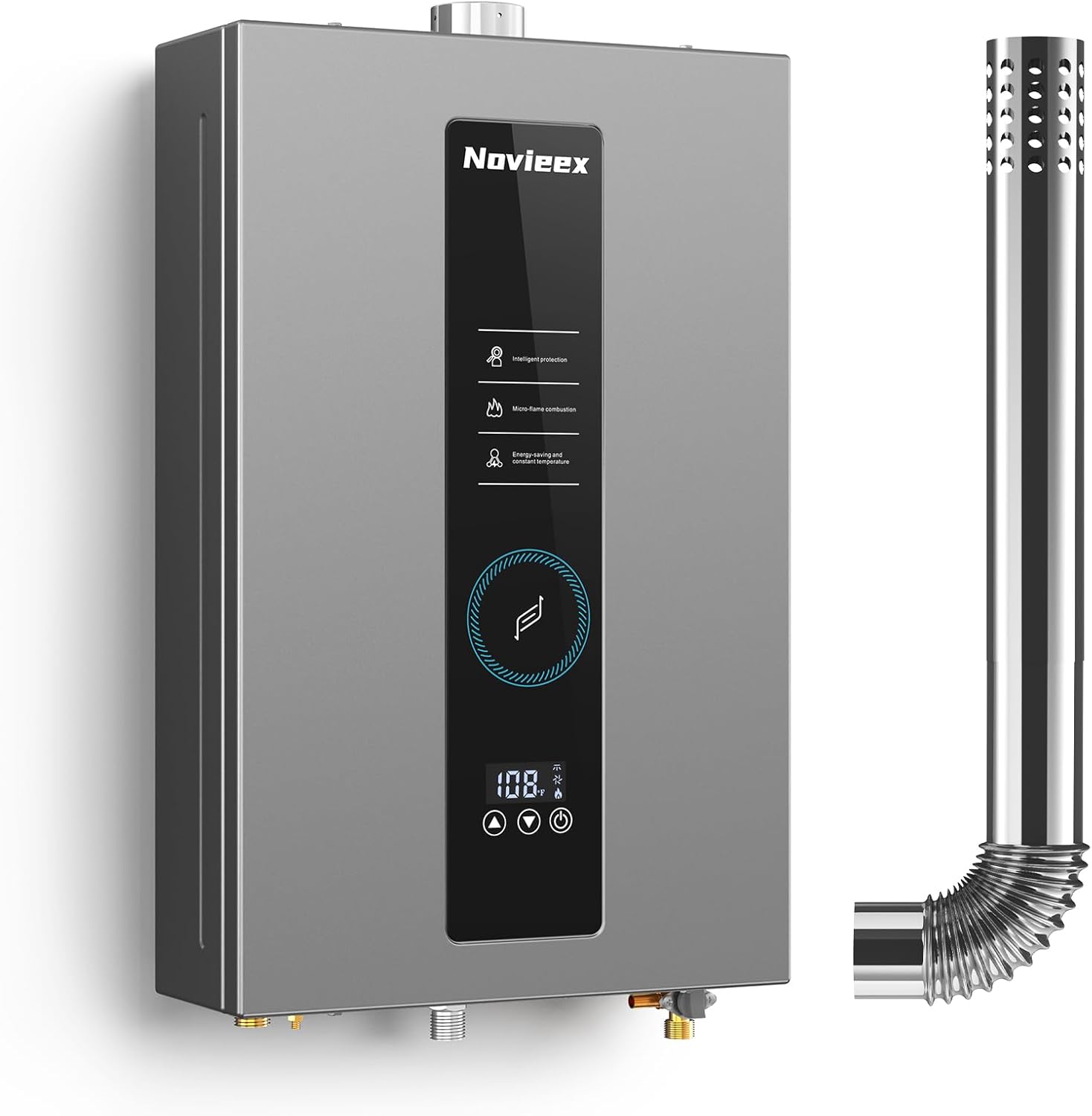Space heaters can be safe for cats if placed securely and monitored, but always ensure they have safety features to prevent overheating or tipping.
Space heaters can provide warmth for your feline friends during cold months, but they require careful selection and monitoring. While no heater is completely pet-proof, following safety guidelines can minimize risks for curious cats.

Key Safety Features For Cat-Friendly Space Heaters
Must-Have Safety Mechanisms
- Tip-over protection: Automatically shuts off if knocked over
- Overheat protection: Prevents dangerous temperature buildup
- Cool-touch exterior: Surfaces stay safe for curious paws
- GFCI plug: Prevents electrical shocks from water contact
According to safety experts, ceramic heaters with these features are among the safest options for households with cats.
Additional Protective Features
For homes with particularly curious felines, consider:
- Enclosed heating elements
- Small vent openings (prevents paw access)
- Mesh front panels (reduces hair/fur buildup)

Heater Placement For Cat Safety
Ideal Positioning
Proper placement significantly reduces risks:
- Elevate at least 12 inches off the floor
- Maintain 3-foot clearance from walls/furniture
- Keep away from high-traffic cat pathways
- Secure cords out of reach (cats love to chew!)
Danger Zones To Avoid
Never place heaters:
- Near cat beds or favorite sleeping spots
- Under windows where cats perch
- Next to scratching posts or play areas
Best Heater Types For Cat Households
| Heater Type | Safety Level | Best For |
|---|---|---|
| Ceramic Convection | ★★★★★ | Whole room heating |
| Oil-Filled Radiator | ★★★★☆ | Continuous warmth |
| Infrared Radiant | ★★★☆☆ | Spot heating |
As noted by pet safety experts, ceramic heaters with cool exteriors are ideal for cat owners.
Dangerous Heaters To Avoid
High-Risk Models
These heater types pose significant dangers:
- Propane/kerosene: Carbon monoxide risk
- Coil heaters: Exposed hot elements
- Unvented gas heaters: Toxic fumes
Special Considerations
For outdoor cats or colonies, specially designed outdoor heaters may be necessary, but require strict safety protocols.
Monitoring & Maintenance
Daily Safety Checks
- Inspect cords for chew marks
- Clear hair/debris from vents
- Verify automatic shutoffs work
- Check for unusual smells/sounds
Long-Term Maintenance
Regular care extends safe operation:
- Clean filters monthly
- Replace worn cords immediately
- Have units serviced annually
Alternative Warming Solutions
Non-Electric Options
For extra cautious cat owners:
- Self-warming pet beds
- Thermal blankets
- Window insulation
- Heated cat houses (outdoor)
Supervised Heating
When using any heat source:
- Never leave cats unattended
- Limit exposure time
- Provide escape routes from heat
- Watch for overheating signs

